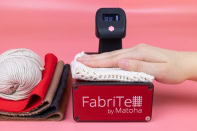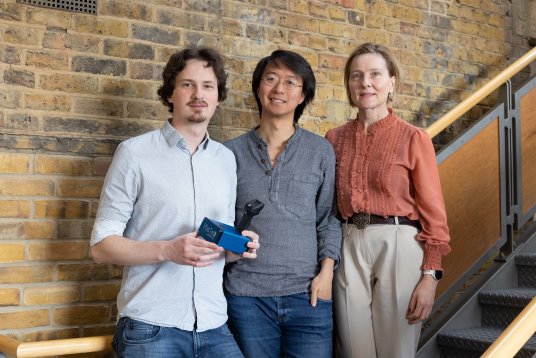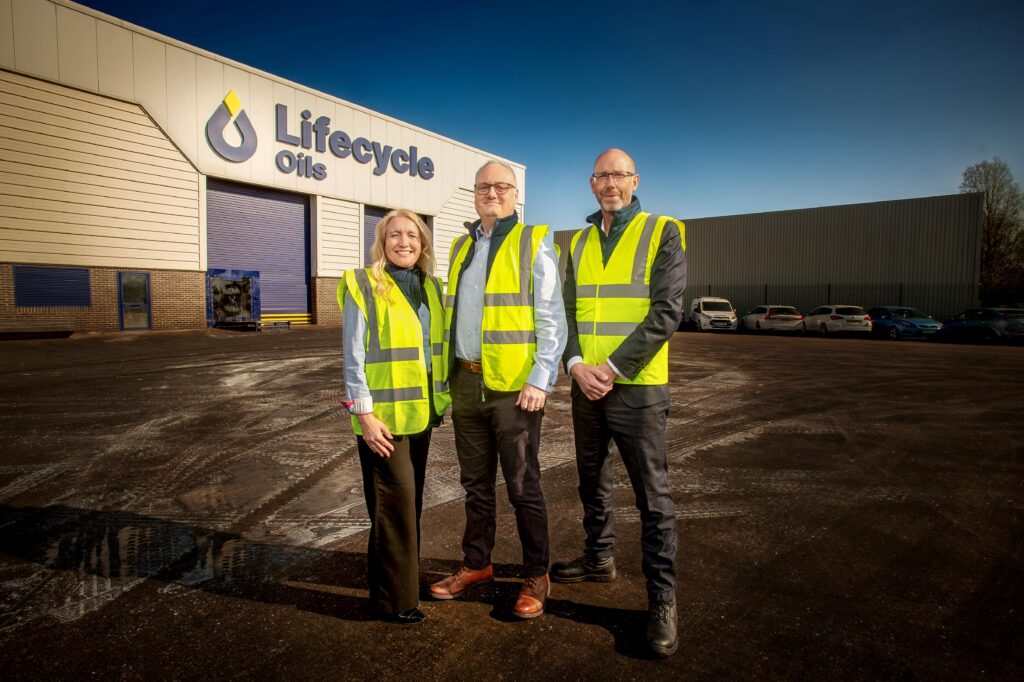One of the biggest issues of textiles recycling is the problem of identification and separation of the component fibres.
Fibres need to be separated into their component parts to undergo individual recycling processes.
Currently, recycling plants have strict requirements around which types of materials they can and cannot accept for recycling.
Matoha looks to address this through manually operated devices that scan and accurately identify the compositional make-up of textiles in under a second.
This speeds up the process of sorting waste without huge investment in infrastructure or the need to send materials away for lab analysis.
The devices are designed to be intuitive and easy to use, requiring minimal staff training.

Made in the UK by Matoha’s in-house team, the devices range from handheld scanners to in-built desktop scanners for industrial-scale waste sorting facilities.
The company will be running a second seed round to go towards the automation and scaling of its technology via AI-driven robotic solutions. It is moving towards to a close in H2 2025.
The round of seed funding was led by Archipelago Ventures and the Circular Plastics Accelerator.
Additional investment came from Conduit Connect, British Design Fund, Fashion for Good and more.
Hans Chan, chief technology officer and co-founder at Matoha, said: “Our strategy is to offer our customers more nimble, high-performance, and economically reasonable automation systems.
“Our dream is that every end-of-life garment will pass through a Matoha system. We appreciate the ongoing and targeted support of Archipelago Ventures and Circular Plastics Accelerator, and we are really looking forward to working with them to build the business.”
Claire Shrewsbury, director of insights and innovations at WRAP, added: “The fashion sector is responsible for up to eight per cent of global greenhouse gas emissions, while the majority of our unwanted clothes are destined to become waste more often than they are reused or recycled.
“Moving to a circular model of clothing is critical with a growing global population, and to counter over production. Key is developing an automated and transformative way of sorting clothing for both fibre2fibre recycling, reuse and other applications.
“Through our work with Textiles 2030 spanning the entire supply chain, from manufacture and sales through to recycling, we see firsthand the challenge identifying textiles at end of life presents.
“With Matoha, we see a cost-effective solution to this issue that will help enable more textiles to be effectively sorted and saved.”








Subscribe for free